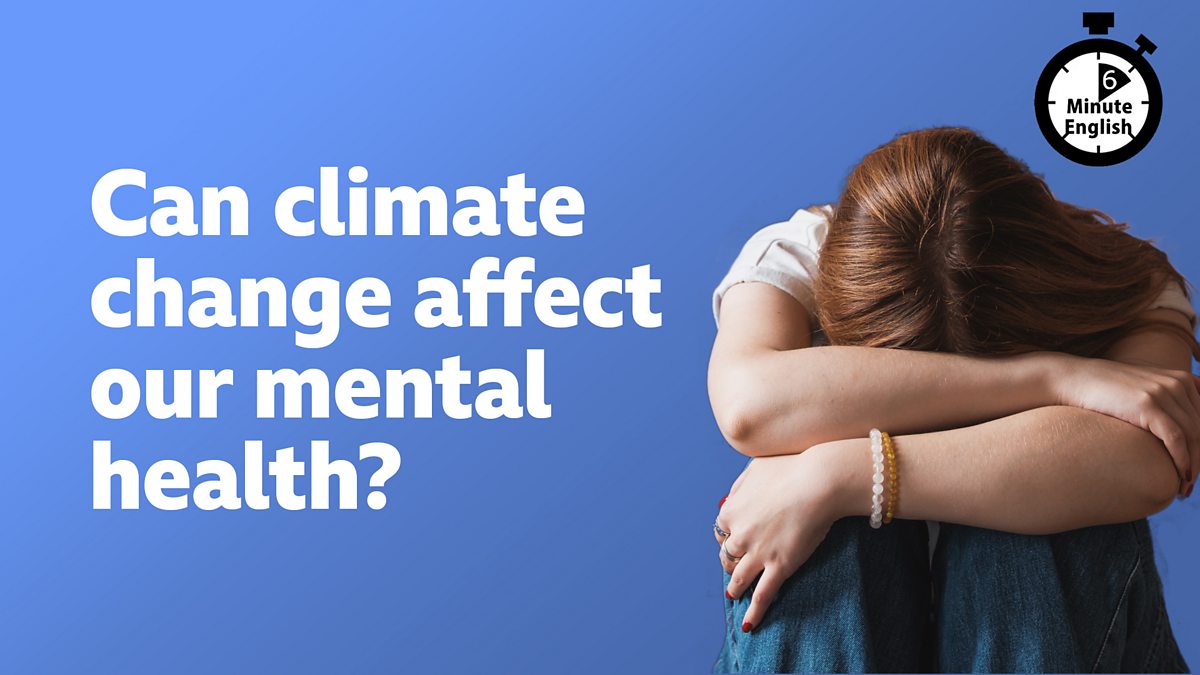Climate Anxiety: How a Changing Planet Impacts Your Mental Wellbeing

The Growing Concern of Climate Anxiety in Australia
Australians are increasingly aware of the looming threat of climate change, and its impact extends far beyond rising sea levels and extreme weather events. A growing body of research is highlighting a significant, and often overlooked, consequence: the impact on our mental health. From the devastating bushfires of 2019-2020 to the ongoing drought and flood events, the lived experiences of many Australians are directly linked to climate-related trauma and anxiety. This isn't just a future problem; it's a present reality.
What is Climate Trauma?
Climate trauma, also known as ecological grief or climate distress, refers to the profound and long-lasting emotional effects resulting from experiencing or witnessing climate-related disasters. It's more than just feeling sad or worried; it can manifest as a range of symptoms including:
- Anxiety and Fear: Constant worry about the future, the safety of loved ones, and the stability of our environment.
- Depression and Hopelessness: A sense of despair and powerlessness in the face of such a monumental challenge.
- Post-Traumatic Stress Disorder (PTSD): For those who have directly experienced extreme weather events, symptoms like flashbacks, nightmares, and avoidance can be prevalent.
- Grief for Lost Landscapes: A profound sense of loss for ecosystems and natural environments that are being degraded or destroyed.
The term 'trauma' in this context acknowledges the significant psychological impact of these events. It’s not about blaming individuals; it's about recognizing the real and often debilitating effects of a changing climate.
Who is Most Vulnerable?
While anyone can experience climate anxiety, certain groups are particularly vulnerable. These include:
- Those living in disaster-prone areas: Farmers, coastal communities, and Indigenous Australians who are directly impacted by extreme weather events.
- Young people: Concerned about the future they will inherit and feeling disillusioned by the lack of action.
- Individuals with pre-existing mental health conditions: Climate change can exacerbate existing anxieties and vulnerabilities.
- Indigenous Communities: Deep connection to land and culture makes them uniquely vulnerable to the loss of traditional territories and resources.
Coping with Climate Anxiety: What Can We Do?
Feeling overwhelmed by climate change is understandable. However, there are steps we can take to manage our anxiety and build resilience:
- Acknowledge Your Feelings: Don't dismiss your concerns. Recognize that it's normal to feel anxious or distressed.
- Limit Exposure to News: While staying informed is important, constant exposure to negative news can be overwhelming.
- Connect with Others: Talk to friends, family, or join a support group. Sharing your feelings can be incredibly helpful.
- Take Action: Engaging in climate action, however small, can provide a sense of agency and hope. This could involve volunteering, advocating for change, or making sustainable lifestyle choices.
- Seek Professional Help: If your anxiety is significantly impacting your daily life, consider seeking support from a therapist or counsellor.
Looking Ahead: Building a Resilient Future
Addressing climate anxiety requires a multi-faceted approach. This includes not only taking urgent action to mitigate climate change but also providing mental health support for those affected. As Australians, we need to acknowledge the psychological toll of a changing climate and prioritize the wellbeing of our communities. By fostering resilience, promoting community connection, and advocating for a sustainable future, we can navigate these challenging times and build a more hopeful tomorrow.




